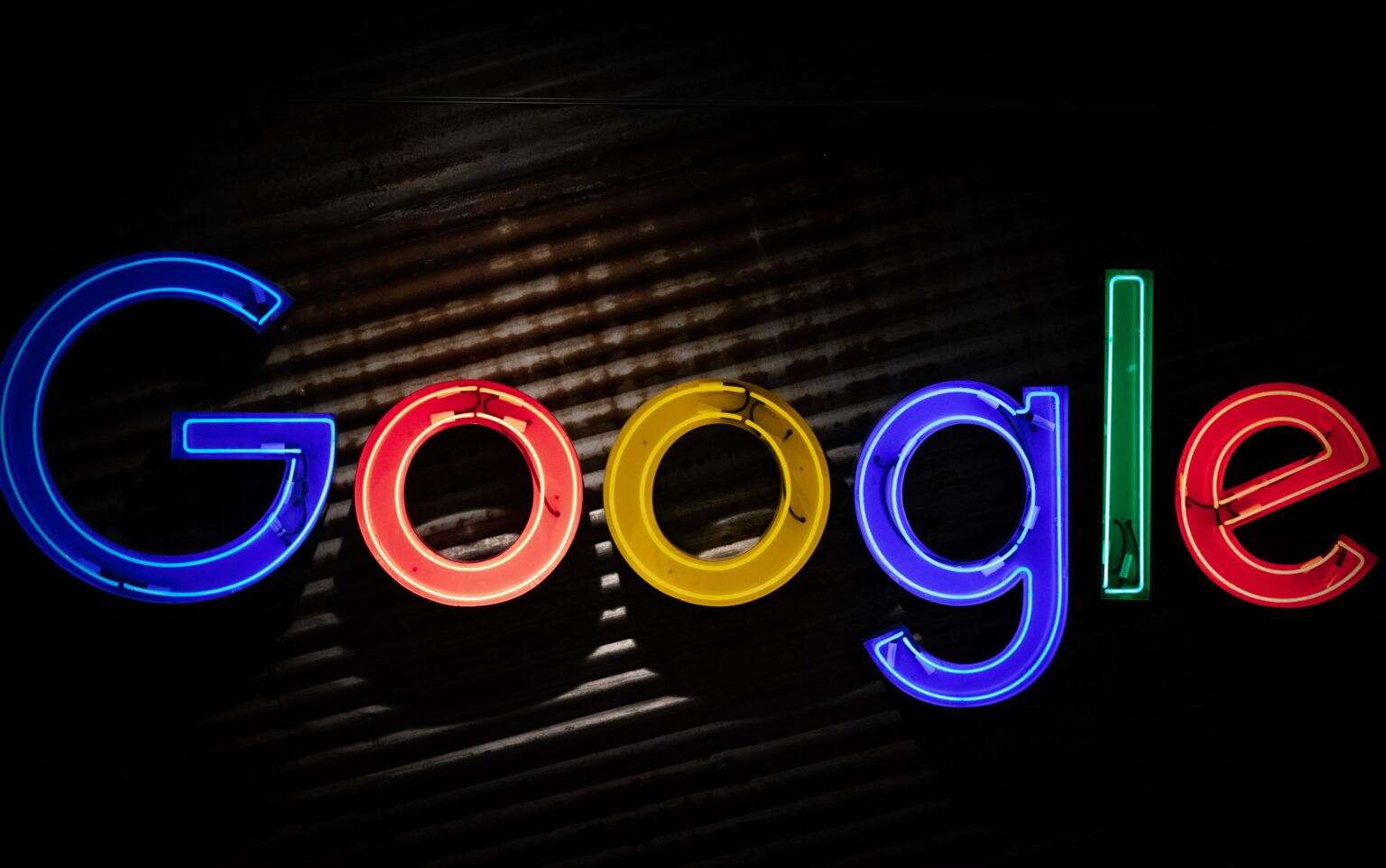Tech giant Google on Monday announced plans to initiate a new so-called “prebunking” campaign, which involves teaching users how to spot false claims before they encounter them.
Google is set to release a series of short videos highlighting the techniques common to many misleading claims. The videos will appear as advertisements on platforms like Facebook, YouTube or TikTok initially in Germany after seeing promising results in Eastern Europe. A similar campaign is planned for India.
Prebunking videos are reported to be relatively cheap and easy to produce compared to content moderation and journalistic fact checks by tech companies in response to falsehoods and conspiracy theories, the disseminating speed and reach of which the internet has greatly increased. When catalyzed by algorithms, misleading claims can discourage people from getting vaccines, spread authoritarian propaganda, foment distrust in democratic institutions and spur violence.
Prebunking videos also focus on techniques that make viral misinformation so infectious—like scapegoating, fear-mongering, false comparisons, exaggeration and missing context—rather than on the topics of false claims, such as Covid-19, mass shootings, immigration or climate change, thus avoiding political lightning rods.
Last fall, Google test launched a prebunking video campaign in Poland, the Czech Republic and Slovakia. The videos were seen 38 million times on Facebook, TikTok, YouTube and Twitter—equivalent to a majority of the population in those three nations. Researchers found that compared to people who hadn’t seen the videos, those who did watch were more likely to be able to identify misinformation techniques, and less likely to spread false claims to others.
Google’s prebunking campaign in Europe comes as other internet sites have announced they’re lifting earlier imposed U.S. restrictions amid misinformation concerns.
The social media app Twitter in early January announced it planned to lift a ban on political ads that it had imposed in 2019. Meta’s Facebook lifted a 2020 ban on political ads in March of 2021.


